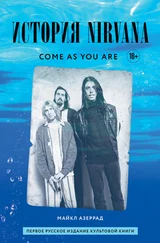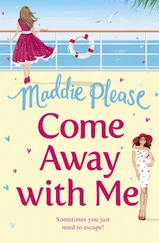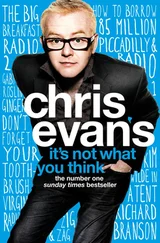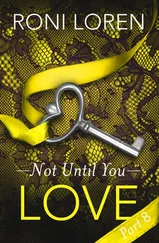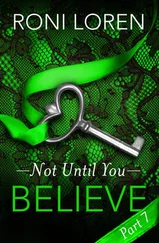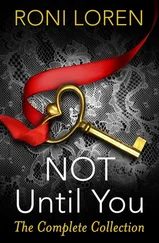‘Mummy, I’ve told you. I’m not involved in the campaign. I work strictly in the office while Cash… Uncle Boniface has other people working on the elections.’
She forced her eyes as far open as they would go. Her look seemed to ask if I genuinely thought she believed anything I told her any longer.
‘Kings, please… Your father would be miserable seeing you like this.’
I slammed the door on my way out.
My car was parked beside Mr Nwude’s blue Volkswagen. One of the back tyres of the faithful car was missing and had been replaced by a cement block. Some children were gathered around my jeep. They caressed the body and peered into the rear lights. One stood beside the driver’s door, mimicking the whirr of the engine and pretending that the deflated football in his hands was the steering wheel.
Quietly, I retreated into the vestibule and watched. The likelihood that any one of them would ever grow up to own a car like that was low. Very low. I was one of the lucky few. And my own children would be bred from birth with cash. The good things of life would be natural to them.
Alas, with the kind of girls I had been hanging out with, the prospect of marriage and children was still very far away.
The place looked like a carnival. There were elegant and haggard, wrinkled-faced and fresh, respectable and uncouth. Many of these guests at Protocol Officer’s wedding had probably strayed in from the highways and the byways. Most likely, many of them had never set eyes on the bride and groom before.
But the assessment of this wedding would depend on how well the hosts incorporated these unexpected guests into their planning. If the food ran out, the wedding was a failure. If there was still food for the inevitable latecomers who would arrive after the bride and groom had gone off to live happily ever after, the wedding was a success.
I experienced a moment of disorientation on seeing the colourful orange banner that ran from one end of the hall to the other: ‘NWAEZE WEDS NKECHI’. Of course, the name on his birth certificate could not possibly have read ‘Protocol Officer’, but it had never occurred to me that he actually had a name and a life of his own, a life that was not attached in some way to Cash Daddy’s welfare.
Three hours after the wedding reception began, right after the bride knelt in front of her husband and fed him with the ceremonial first meal – a piece of the wedding cake – the emcee put the ceremony on hold.
‘Ladies and gentlemen,’ he announced, ‘right now, I would like us to acknowledge the presence of a very special guest in our midst. Ladies and gentlemen, please put your hands together to welcome the sponsor of this wedding. Chief Boniface Mbamalu alias Cash Daddy.’
The ladies and gentlemen put their hands together. Cash Daddy entered slowly, accompanied by his otimkpu.
‘Cash Daddy, we would like to request the honour of your presence at the high table,’ the emcee added.
Two female ushers escorted Cash Daddy to join the bride and groom at the table where they sat with both sets of parents. The otimkpu followed and stood behind.
The rest of us who went by the euphemism ‘special guests of the groom’, had our own special tables right beside the platoon of bridesmaids. Excluding those of us from the CIA, these special tables were occupied by people who had worked under Cash Daddy and had left to set up their own offices. They still saw Cash Daddy as their godfather, and still paid obeisance to him as and when due, like now. In my cream suit and brandy-coloured leather shoes, I was easily the most conservatively dressed of them all. Azuka, for example, was wearing a satin tuxedo and red bow tie. He spent a good deal of time throughout the ceremony chatting on his cellular phone. Clearly, his Iranian mugu had been taking good care of him.
When it was time for the couple’s dance, all of us stood to join them and to paste currency notes on the couple’s foreheads. In recent public awareness campaigns, the government had included this tradition of ‘spraying’ as one of the ways by which the naira became so badly mutilated. Rather than placing money on celebrants’ foreheads and trampling on the money while dancing, the public was being encouraged to present their monetary gifts in envelopes instead. Although no Nigerian citizen was happy about the wretched and smelly naira notes, who could forestall all those young men who looked forward to opportunities like this to show off the fruits of their hard labour? I brought out the bundles of crisp notes I had prepared for the occasion. Some others on the special table unwrapped their bundles of dollar notes.
When the spraying was over and the couple seemed ready to return to their seats, Cash Daddy rose.
The live band noticed his advancement and quickly switched to a more titillating tune that allowed them to slot his name into the lyrics. Knowing that something good was about to happen, the couple intensified their gyrations once again.
Cash Daddy was not in a hurry. He took slow steps towards the couple while one of his otimkpu followed, carrying a small Ghana-must-go bag in one hand. Apparently, the Ghanaian economic immigrants had needed lots of the waterproof check bags when the Nigerian government sent them packing sometime in the eighties. Rather than pasting the naira, dollar, and pound notes individually on their foreheads, the dark-suited otimkpu handed Cash Daddy bundle after bundle. Cash Daddy ripped the paper bands off each bundle and split it into three, then flung each portion into the air nonchalantly, allowing the notes to shower down upon the couple in an avalanche.
The hall fell silent with fascination.
‘Disgusting,’ a disenchanted voice close to my ears hissed softly.
I turned sideways. One of the bridesmaids, the one sitting closest to me, had turned her seat towards the dance floor and was frowning violently at the show. I was turning away when something struck me. I swung my head back for a second look. The girl was quite pretty. Her skin glowed flawless ebony. She looked innocent, too. I must have turned to look at her at least five more times during that dance.
The last time I turned, she was already looking at me.
‘Hello,’ she said.
‘Hi,’ I replied and faced front, feeling like an idiot.
‘Are you here on behalf of the bride or the groom?’ she asked the side of my head.
I turned.
‘The groom.’
There was an awkward pause.
‘My name is Merit. What’s yours?’
‘I’m Kingsley. Pleased to meet you.’
We shook briefly. Her palms tasted nice.
‘Kingsley? That’s quite an interesting name. Is it Igbo or English?’
I thought that to be a very dumb question. Nevertheless, I indulged her. After all, who was I to complain when I stank so badly at small talk?
‘It’s English.’
‘So how come I hardly ever see anybody who’s not Igbo bearing the name?’
‘Errr…’
‘One of my cousins who grew up in America said all the people she met in America called Kingsley were Igbo. She said she kept asking people what the name meant in Igbo without knowing it was actually English. You, have you ever met or heard of any non-Nigerian called Kingsley?’
I laughed. The girl was right. I also had never encountered any non-Nigerian, any non-Igbo, whose name was Kingsley. We seemed to have hijacked the name.
‘There’re quite a few names like that,’ she continued. ‘Like Innocent… like Goodluck… like Merit.’
Both of us laughed at the same time. I wanted to add ‘Boniface’ to the list but restrained myself.
‘Maybe they’re Engli-Igbo,’ I said.
She laughed at my dry joke!
This girl was really sweet. She was of medium height, slightly chubby, and had a fringe of hair which gave her a juvenile look that contrasted sharply with her voluptuous figure. She wore a peach flower in her hair. It matched her orange ball gown. While she spoke, she leaned slightly towards me and stared confidently into my face. Her voice was confident, too, and she gesticulated graciously when emphasising a point.
Читать дальше
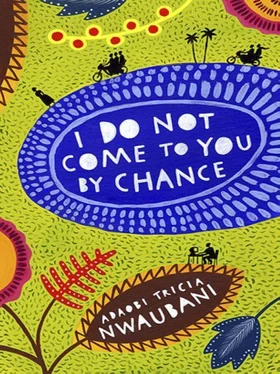
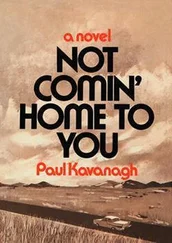
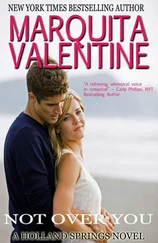
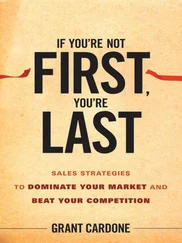

![Майкл Азеррад - Come as you are - история Nirvana, рассказанная Куртом Кобейном и записанная Майклом Азеррадом [litres]](/books/392533/majkl-azerrad-come-as-you-are-istoriya-nirvana-ra-thumb.webp)
